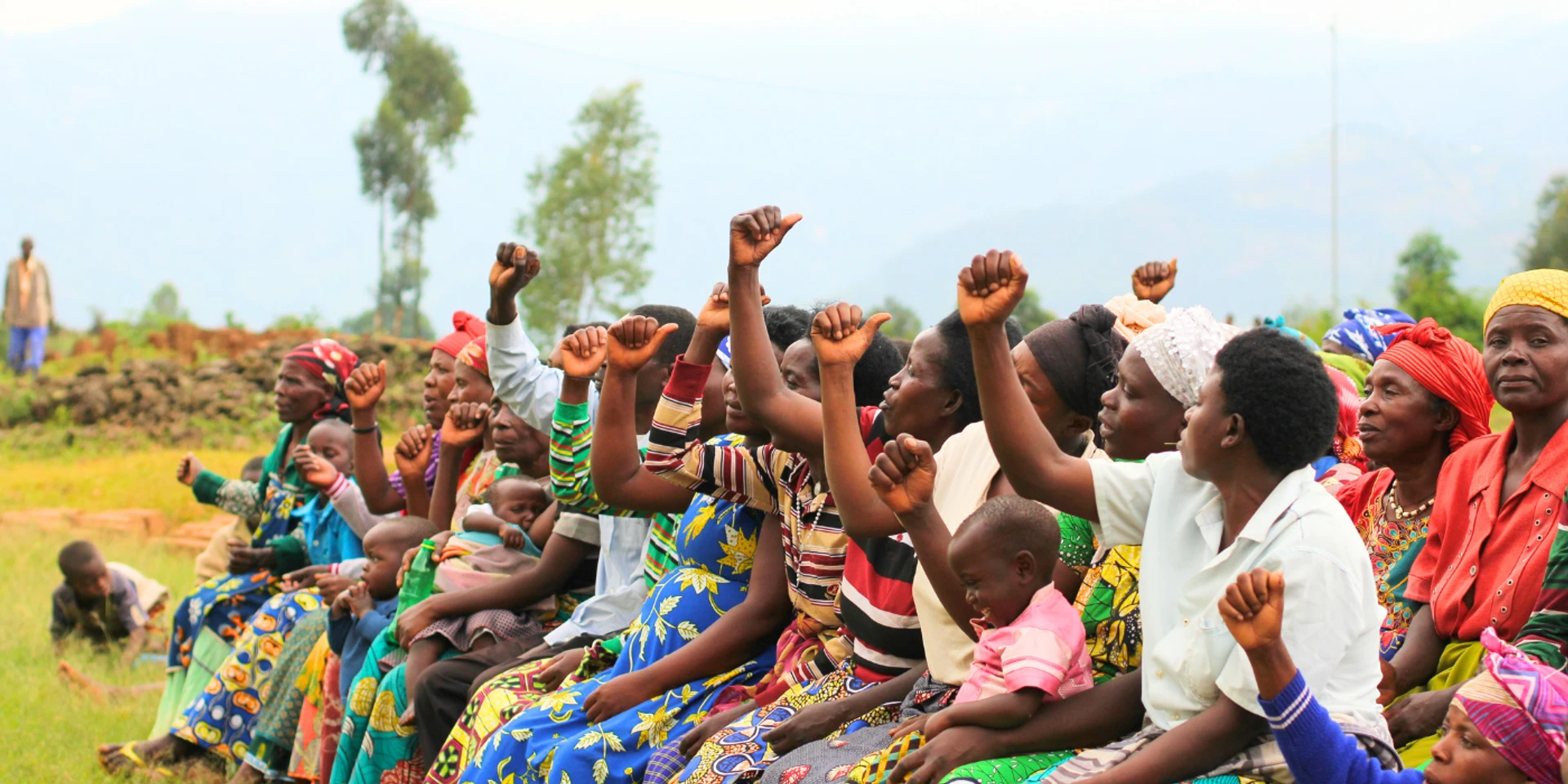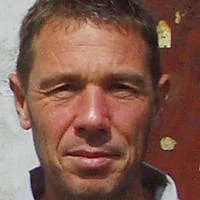The Family Land Project, Acholiland

The governance processes of clans and families in northern Uganda.
This project was concerned with natural resource management on the ‘customary’ land that makes up much of rural Africa. It piloted an innovative methodology and collaborative autoethnography. The research group of nine were members of the large clan/family landholdings, which are typical of most of the Acholi region of northern Uganda. They explored the governance processes of their own clans/families, in particular regarding management of trees and other natural resources.
A rapidly growing population and dearth of livelihood alternatives to farming means that pressures on natural resources can only grow.
This group were co-researchers, co-producers, and co-authors of all outputs, including academic papers. They met at regular intervals, reflecting on the past and present behaviour, in respect of land ownership and management, of their own clan/family, including matters of resource and environmental protection.
The group members were Francis Abonga, Denis Akena, Lucky Auma, Jacob Awachengo, Julian Hopwood, Dick Kinyera, Susan Lajul, James Ocitti and Joseph Okello.
Background
Rural life in the Acholi region depends on access to a range of natural resources – obviously water and soils for agriculture, but also for brickmaking; quarried stone and sand for building; grass for grazing and thatching; trees for firewood, construction and charcoal production; and more. Historically, and in some places still, these resources can be found in abundance, but in much of the region, tree cover is being lost at a very noticeable rate, and many communities are becoming concerned about increasing shortages.
Land and the resources on it have traditionally been owned by large family groups, sometimes numbering into the hundreds, living on collective landholdings of hundreds or thousands of acres. Traditionally it is common for certain resources to be shared across landholdings – for example one clan might lack their own water source and depend on the goodwill of a neighbouring group for access to a waterpoint. Increasingly, groups that are short of trees themselves are turning to their neighbours, but this can lead to tensions and conflicts. A rapidly growing population and dearth of livelihood alternatives to farming means that pressures on natural resources can only grow.
Work on community resource management in Africa is largely concerned with conservation areas and wildlife rather than farming communities. While there is a growing body of work on the impacts of commercial charcoal production on the African landscape, little is known about either the impacts of domestic use or of local responses to these, including locally developed models of sustainable management. This project seeks to start to address this lack.
Theoretically, the project used the idea of intimate governance within the framework of public authority to examine the different public, private and spirit authorities that impact resource use, the basis of their legitimacy, and the presence and absence of mechanisms of control.
Researcher

Julian Hopwood
Dr Julian Hopwood is a CPAID researcher who has been based in Northern Uganda since 2006. Alongside local partners he works on post-conflict humanitarian and development programmes and policy. Julian received his PhD from Ghent University.
He is also affiliated with Gulu University.
Email: Julian.hopwood@gmail.com
Photo: Sam D'Cruz: https://www.samdcruz.com/